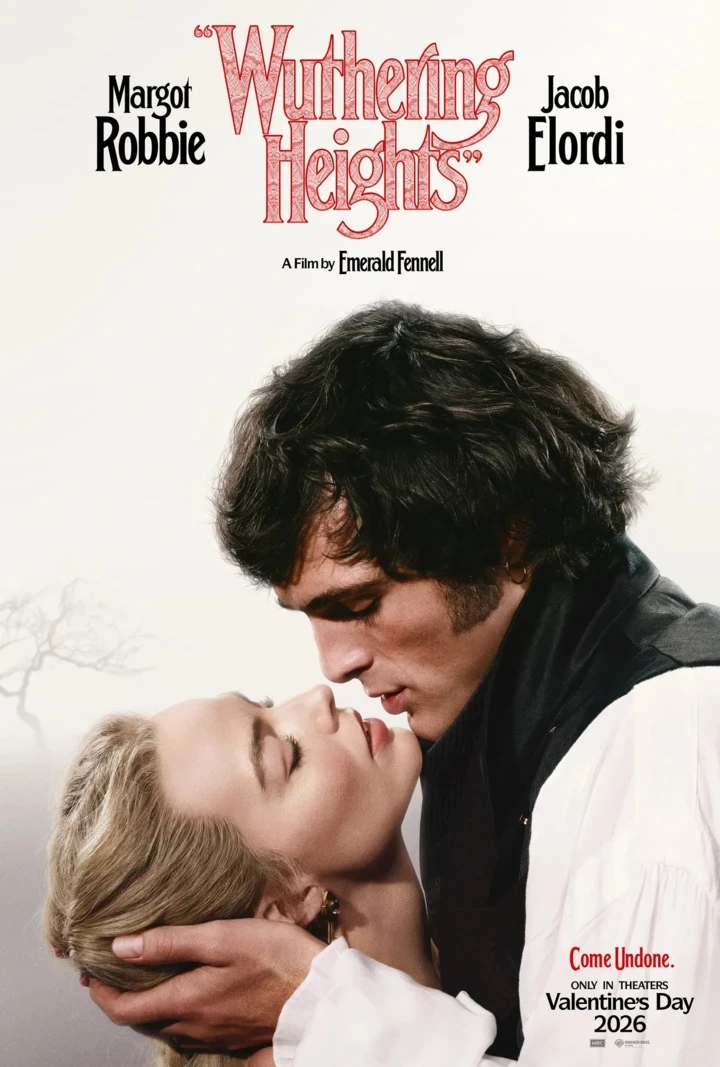
Save this storySave this storySave this storySave this story
The Frank O’Hara poem “Katy” features seven lines of self-assessing declarations. It is the fifth line that I get the most mileage out of: “I am never quiet, I mean silent.” When I am teaching writing workshops, specifically with young writers, teen-agers who—in many cases—have not let their sense of wonder be battered by waves of irony or cynicism, I ask them what distinctions they see between “quiet” and “silent.” There is no correct answer, no sweeping conclusion. I’m asking them to tap into that sense of wonder and invent an explanation for what O’Hara might have been suggesting. One participant insisted that even a bird with no capacity for song can still make a kind of song, with its wings beating against the wind. Another added that a person can attempt silence but will often fail: the machine of the body makes its own noise, sometimes against our will. The very act of our bodies keeping us alive sometimes makes quite the racket.
I thought of this exercise recently while listening to the new album by Racing Mount Pleasant, a band that dwells in emotional quietude without sacrificing sonic grandeur. The group is a collective that first came to life on the campus of the University of Michigan in Ann Arbor, in a manner that seems pulled from a romantic film about a band’s origin story: the lore is that three of the group’s members, Callum Roberts, Connor Hoyt, and Sam DuBose, met and discussed forming a band within the first minutes of freshman orientation, in 2019. Eventually, more members were added: Sam Uribe, Casey Cheatham, Kaysen Chown, and Tyler Thenstedt. They named the band Kingfisher and tied their ambitions to what seems like Arcade Fire or Explosions in the Sky levels of cacophony, complete with horns, large instrumental swells, and other musical gestures that take advantage of the large number of people onstage and in the band. Despite this sweeping sound, their earliest performances were intimate house-show outings, one of which I attended when I visited Michigan in early 2022. It was a time when I and many people I knew were longing for a renewal of close connection, and the band’s powers of patient song-building created a stunning sense of communion in the room. Slow melodies were stacked atop one another, piece by piece, in a way that assured listeners that we, collectively, were arriving somewhere, but that we had to take the long and slow way, because there was a lot to see before our arrival. The music created, in a packed living room, a sense of anticipation, like each of us was sitting at the highest point of a roller coaster, admiring the clouds for minutes at a time before being flung back to earth.
Three years and a name change later, Kingfisher is Racing Mount Pleasant, releasing an hour-long self-titled album that spans thirteen tracks. Not much else has changed, in terms of the band’s makeup or its sonic ambitions. It is still attempting to marry the volume and organized clatter of post-rock with the alarming earnestness of mid-to-late-aughts Midwest emo, though they’ve honed those impulses. They’ve gotten, in many ways, quieter and also less silent.
The album’s opener, “Your New Place,” creates a template upon which the rest of the album builds, beginning with a slow drip of sound. Over a few guitar notes and little else, the opening lines drone: “It’s a mess / Draw me and quarter me / You spent all November in bed.” Later, when the song enters its second act, it does so not in one burst of sound but in several. A guitar and a repeated swirl of drums make their entrances, and then horns come in. It’s sudden, but not alarming, and also refreshing; listening feels like being in a house that has been without power for days and then seeing the lights flick back on, one by one.
Both the album and the band are at their best when they avoid sacrificing the intimacy that they labor to cultivate in favor of grand musical gestures. The balance is struck in the way that songs on the album unfold, like mini-suites. The format isn’t always quiet-loud-quiet. In some cases, a song will begin at a brisk run and pick up pace until it becomes a sprint. On the title track, for instance, the guitar is choppy and churning, and the horn is twisting and relentless, and the music seems to be propelled through force of will. You get a brief respite, to catch your breath, when the drums drop out. A moment of twin horns feels not like a duel but like two hands trying to interlock in the dark. Then, when they find each other, the guitar comes back, strumming with ferocity, and the drums follow. The song is rewired, its pace just a bit faster, a bit more urgent, matched by the band members’ voices joining in, singing the song’s final lyrics together—a collective push to the finish line. The pleasure of Racing Mount Pleasant, for me, is not just in the orchestral nature of the band’s makeup and sound but in hearing a group with the ambition to get the most out of every song.
The band’s connection to Midwest emo from years past pays off in the album’s sincerity, especially in the moments that allow for stillness. “You,” the album’s sparsest track, doesn’t attempt to explode into something else. It relies, mostly, on the song’s earnest lyrics: “I’ll breathe for you / You don’t have to move. . . . I’ll dance for you / You don’t have to move.” The lyrics here and in other songs are plainspoken. There is a narrator who is often speaking to someone the listener cannot see: the “you” is not the you that is listening—it could be anyone—and the conversations between the speaker and the other are quiet, gentle, not overly demanding. Apologies and laments and longing are woven throughout the album, but the speaker doesn’t ask anything of anyone that comes across as especially loud. In “Heavy Red,” the shortest song on the album, at a minute and a half, the line “You know I’m sorry / Now we’re colliding” is almost whispered, and paired with the drone of a horn that sounds like it might accompany the moment in a cartoon when the camera zooms in on a character’s chest and shows their heart breaking.
I cherish the band’s commitment to lyrical and thematic quiet, particularly for the way that quietude collides with the album’s refusals of sonic silence. That kind of dissonance, and the volatility it creates, is almost a requirement, I think, of an album that is trying to balance specific but unspectacular themes–Heartbreak! Romance! Betrayal! Loneliness!—with a spectacular telling of them. Even on the rare occasion when a song goes on a touch too long (as in the seven-minute “Call It Easy”), it is still captivating to see how the band steers its sprawling instrumentals toward a landing. By the end of the album, you may walk away feeling a sense of catharsis without any conclusive statement of closure. The final song, “Your Old Place,” grows increasingly claustrophobic, with horns, drums, and guitars closing in around the lyrics until the arrival of the final line: “Oh, my God, is this just how it ends?” Then there’s an abrupt, hard stop—silence. I didn’t come away from “Racing Mount Pleasant” learning anything new about the heart, or about longing or desire or working back through a past life to make sense of a present one, but I felt delighted by the experience nonetheless. Channelling patient emotional meditations through volume can shake some things loose. At the end, though, you may still be left with just yourself, a realization not unlike the one that O’Hara comes to at the close of “Katy”: “I think I’ll be alone for a little while.” ♦
Sourse: newyorker.com







